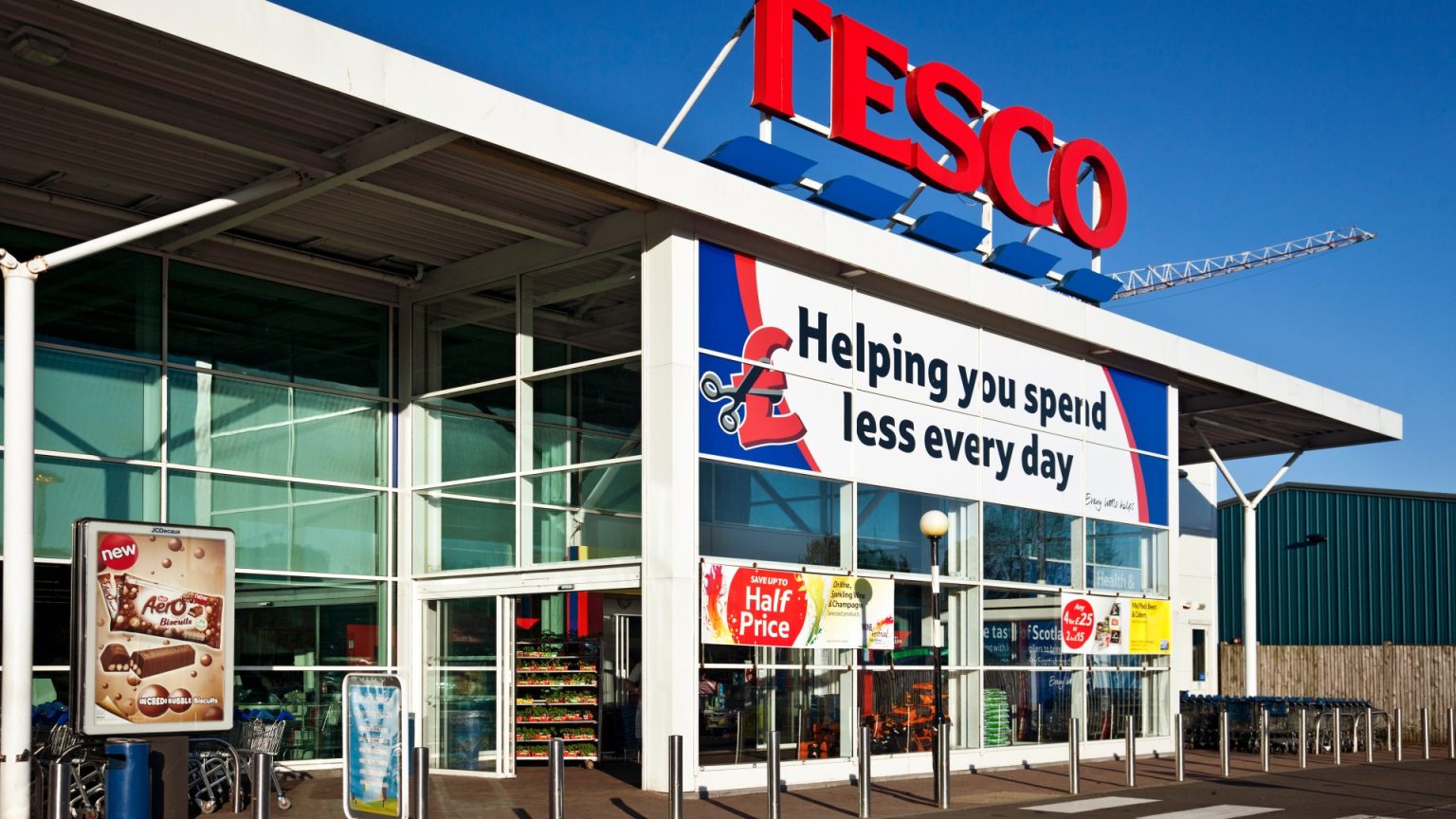The news of a significant price drop on Silentnight electric blankets at a Tesco store has ignited a shopping frenzy among bargain hunters. Originally priced at £25, the So Snug double electric blanket was spotted being scanned for a mere £2.81 at the West Bromwich branch, representing an 89% discount. The news quickly spread across social media platforms, particularly the Extreme Couponing and Bargains Facebook group, where shoppers expressed their astonishment and eagerness to snag the deal. Images of overflowing crates filled with the discounted blankets fueled the excitement, triggering a rush to local Tesco stores. However, the availability of the discounted blankets appears to be localized, with reports from other shoppers indicating regular pricing at their respective branches. This highlights the common retail practice of varying prices across different store locations, allowing for targeted reductions based on individual store circumstances.
The appeal of the Silentnight electric blanket, even at its original price, lies in its potential cost-effectiveness as a heating solution amidst rising energy costs. The blanket offers three heat settings and is marketed as “energy efficient” by Silentnight. The sleep experts suggest that using the blanket on a low setting for two hours could cost as little as 1p, potentially offering a cheaper alternative to central heating. This bargain arrives as households grapple with increased energy expenses and seek ways to minimize their winter bills. The significant discount has amplified the allure of this cost-saving measure, driving considerable interest among consumers.
The discovery of the £2.81 electric blanket deal underscores the growing trend of savvy shoppers actively seeking affordable alternatives for essential household items. The current economic climate has fueled a surge in demand for budget-friendly options, with consumers increasingly turning to discount retailers, online deals, and social media groups for cost-saving opportunities. This instance mirrors other recent bargain hunts, such as the rush for a cut-price electric blanket at B&Q and the high demand for a Lidl heater touted as a significantly cheaper alternative to a Dyson model. Such occurrences illustrate the increasing consumer focus on finding value and stretching their budgets.
While the Tesco electric blanket deal generated significant excitement, it’s crucial for consumers to exercise caution and conduct thorough price comparisons before making any purchase. The localized nature of the discount necessitates verifying the price at individual stores before rushing out. Furthermore, even when encountering a seemingly attractive offer, it’s essential to compare prices across different retailers to ensure it truly represents the best value. Online comparison tools, such as Price Spy, Price Runner, Idealo, Google Shopping, and CamelCamelCamel (specifically for Amazon products), provide convenient ways to check prices and ensure you’re getting the most competitive deal. These tools compare prices from numerous retailers, offering insights into price history and stock availability.
The hunt for budget-friendly heating solutions extends beyond electric blankets. Consumers are exploring various options to manage their energy consumption during the colder months. Some energy providers even offer free blankets as part of energy-saving initiatives. Furthermore, the demand for efficient and affordable heating alternatives has spurred interest in other products, like clothes airers, with consumers actively seeking reviews and comparisons to identify the most cost-effective options. This proactive approach to managing winter expenses underscores the broader trend of consumers taking greater control of their household budgets.
In conclusion, the frenzy surrounding the discounted Silentnight electric blanket at Tesco reflects the prevailing economic climate and the increasing consumer focus on affordability. While the deal itself may be localized and not universally available, it highlights the importance of price comparison and the proactive pursuit of cost-saving opportunities. Consumers are actively seeking ways to manage their winter expenses, from exploring alternative heating solutions to leveraging online resources for price checks. This heightened awareness of cost-effectiveness is likely to continue influencing consumer behavior as households navigate economic challenges and prioritize value-driven purchases. The incident also serves as a reminder for shoppers to always compare prices and not rely solely on advertised discounts, as prices can vary significantly between stores and across different retailers.




